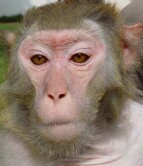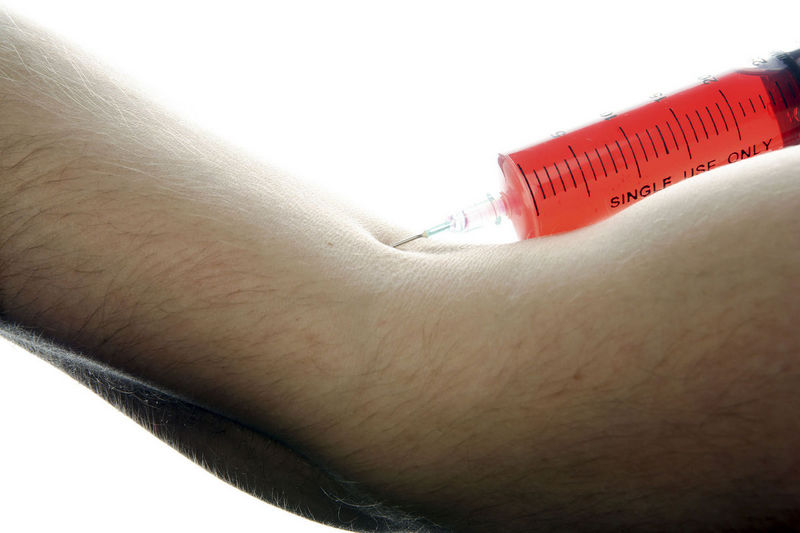
TUESDAY, Jan. 10 (HealthDay News) — The so-called “love hormone” oxytocin promotes greater kindness in monkeys, a new study finds.
It included two rhesus macaques who were seated next to each other and trained to choose different symbols that either provided a squirt of fruit juice for the monkey itself, juice for the other monkey or no juice at all.
In repeated tests, the monkeys had to make a choice between just two of the options: juice for self or no juice; juice to self or juice to other; and juice to other or no juice.
After inhaling oxytocin, the monkeys paid more attention to each other and were more likely to give the other monkey juice, even if they didn’t get juice themselves, the Duke University researchers found.
Oxytocin is currently being evaluated as a therapy for autism, schizophrenia and other disorders characterized by a lack of interest or caring about others, study leader Michael Platt, a neuroscientist and director of the Duke Institute for Brain Sciences, noted in a Duke news release.
The hormone appears to boost trust and social skills in patients, but it’s not known how the process works or whether the effects are consistent over the long term.
This type of research may help establish monkeys as a good behavioral and pharmacological model for understanding oxytocin therapy, Platt said.
However, scientists note that research involving animals often fails to produce similar results in humans.
More information
The American Psychological Association has more about oxytocin.

